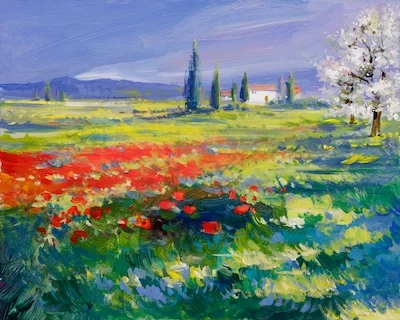Ferdinand Eckhardt’s name will be removed from the Winnipeg Art Gallery, including its entrance, after recent research has revealed he was a Nazi supporter in Germany before and during the Second World War, according to a CBC report released today.
Born in Vienna, Austria in 1902, Eckhardt spent two years in the German army during the war. Later, he became an art historian and moved to Canada in 1953, where he became director of the Winnipeg Art Gallery until 1974.
Eckhardt's support of Nazi Germany was originally reported in The Walrus in a story written by Winnipeg writer Conrad Sweatman in November 2023. “Eckhardt's public endorsements of Nazism include signing an oath of allegiance to Hitler and producing several polemics in far-right and Nazified journals in the early 1930s, urging, among other things, that Germany's cultural arena align itself with the goals of the Nazi state,” Sweatman wrote.
Sweatman’s story also noted that Eckhardt worked for the IG Farben, the company that build Auschwitz and made Zyklon B, which was used in Nazi gas chambers.
“Eckhardt hid his Nazi statements, but they have cropped up in the margins and footnotes of Nazi cultural histories for years,” Sweatman wrote in The Walrus. “They are summarized at some length by German art historian Andreas Zeising, whose profile of Eckhardt in his 2018 book, Radiokunstgeschichte, has yet to make a notable impression on Canadian commentary, perhaps partially because it has not been translated.”
Eckhardt’s wife, Sophie-Carmen Eckhardt-Gramatté, came to Manitoba with him and became one of Canada’s best-known composers.
In fall 2023, the Archives of Manitoba released Eckhardt’s unpublished memoirs, which include a folder entitled Mein Kunstkampf, where Eckhardt included documents connected to his Nazi activities in 1932 and 1933.
On Dec. 19, WAG posted a statement on its website stating it takes the allegations seriously and had launched an internal investigation.
With the results of the investigation, the WAG board of governors gave approval to remove Eckhardt's name.
The WAG will also research donated artwork's ownership during the Nazi era. “The gallery has been doing this research for several decades, and while no gaps in the ownership in the Eckhardt-Gramatté Collection at WAG-Qaumajuq have been found, this investigative work has not been concluded…All this work around Eckhardt's past is part of a continued journey towards equity, decolonization and reconciliation — in all its forms,” the statement reads.
Source: CBC, The Walrus

